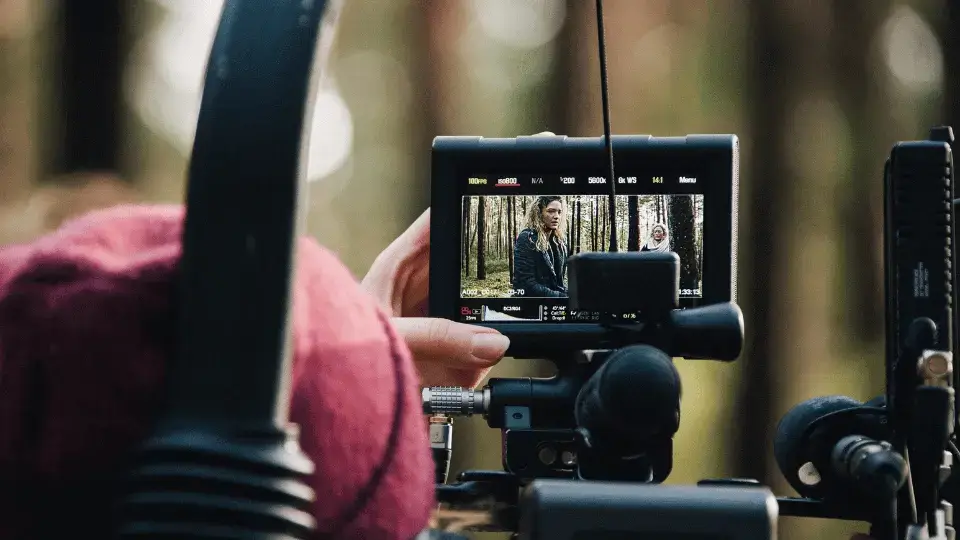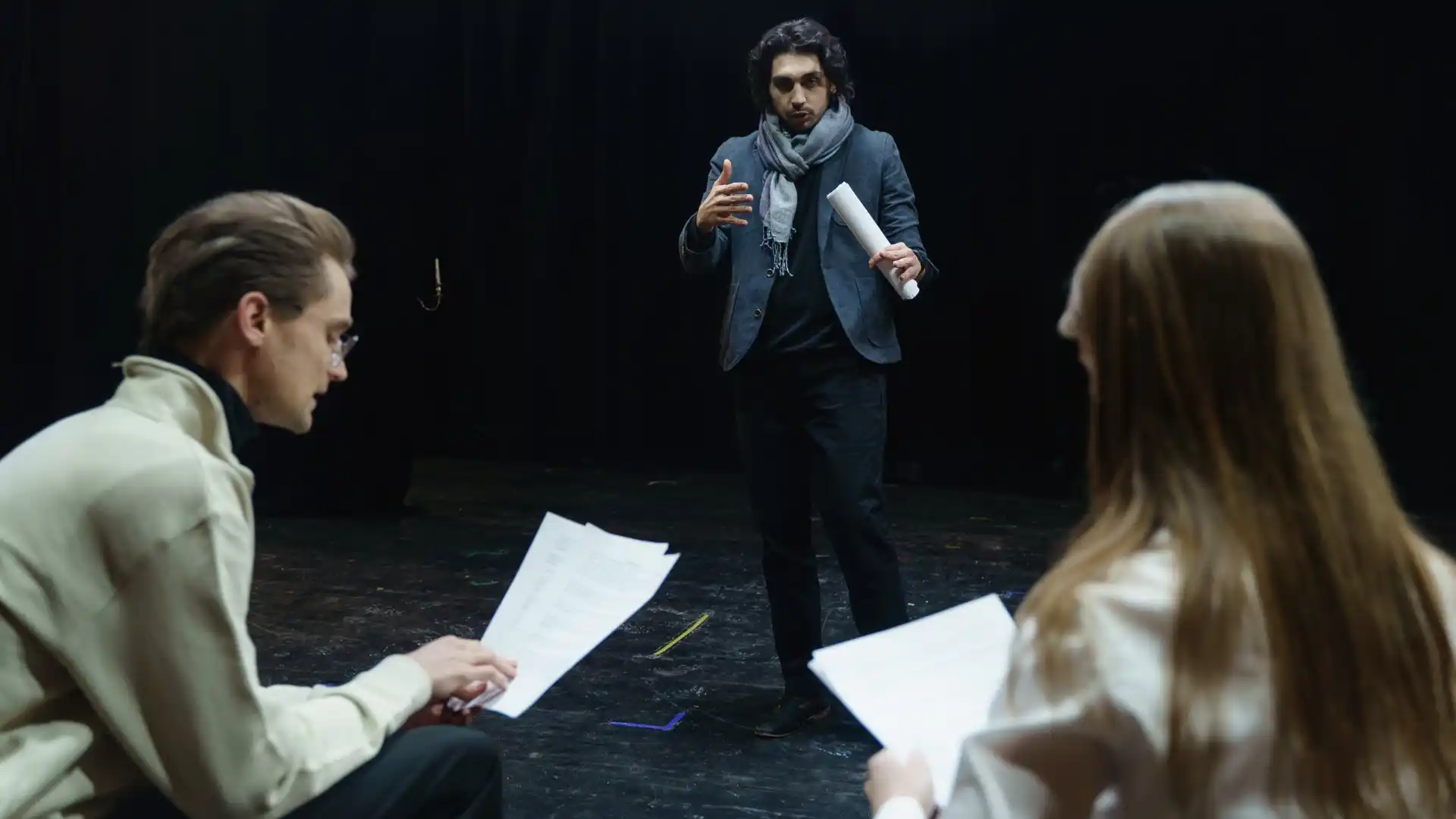Mastering the Essential Elements of Film for a Successful Future
Filmmaking is a complex art form that involves a wide range of elements, from writing and directing to cinematography and editing. Each element plays a crucial role in shaping the final product, and mastering them is essential for anyone looking to pursue a successful career in the film industry. In this article, we will explore the key elements of film and provide tips on how to hone your skills in each area.
Screenwriting
Screenwriting is the foundation of any film. It’s where the story begins, and it’s the blueprint for the entire production. A great script is essential for capturing the audience’s attention and keeping them engaged throughout the film.
To become a great screenwriter, you need to understand the fundamentals of storytelling, character development, and dialogue. You can take courses in screenwriting to learn the basics, but the most important thing is to practice. Write as much as you can and get feedback from other writers and industry professionals. This will help you improve your skills and develop your own unique voice.
Directing
The director is the captain of the ship. They are responsible for bringing the script to life and overseeing every aspect of the production. Directing requires a combination of technical skills and creative vision.
To become a great director, you need to understand the technical aspects of filmmaking, such as camera angles and lighting. You also need to be able to work with actors and communicate your vision effectively. The best way to hone your directing skills is to practice. Make short films and get feedback from other filmmakers. Learn from your mistakes and keep pushing yourself to improve.
Cinematography
Cinematography is the art of capturing images on film or digital media. It’s how the director and cinematographer work together to create the look and feel of the film. Cinematography involves everything from camera placement to lighting and color grading.
To become a great cinematographer, you need to understand the technical aspects of camera operation and lighting. You also need to have a keen eye for composition and be able to work with the director to create the visual style of the film. Practice is key to improving your cinematography skills. Shoot as much as you can and get feedback from other cinematographers and industry professionals.
Editing
Editing is where the film comes together. It’s the process of selecting and combining footage to create a cohesive story. Editing involves everything from pacing to sound design.
To become a great editor, you need to understand the technical aspects of editing software and equipment. You also need to have a strong sense of storytelling and be able to work with the director to shape the final product. Practice is essential for improving your editing skills. Edit as much as you can and get feedback from other editors and industry professionals.
Key Takeaways
- Screenwriting is the foundation of any film. Practice writing and get feedback to improve your skills.
- Directing requires a combination of technical skills and creative vision. Practice making short films and get feedback from other filmmakers.
- Cinematography involves everything from camera placement to lighting and color grading. Practice shooting as much as you can and get feedback from other cinematographers.
- Editing is the process of selecting and combining footage to create a cohesive story. Practice editing as much as you can and get feedback from other editors.
If you’re serious about pursuing a career in the film industry, consider taking the NYU Film and TV Industry Essentials online course and certificate program. This program covers all of the essential elements of film and provides hands-on experience in each area. With the knowledge and skills you gain from this program, you’ll be well on your way to a successful career in the film industry.







